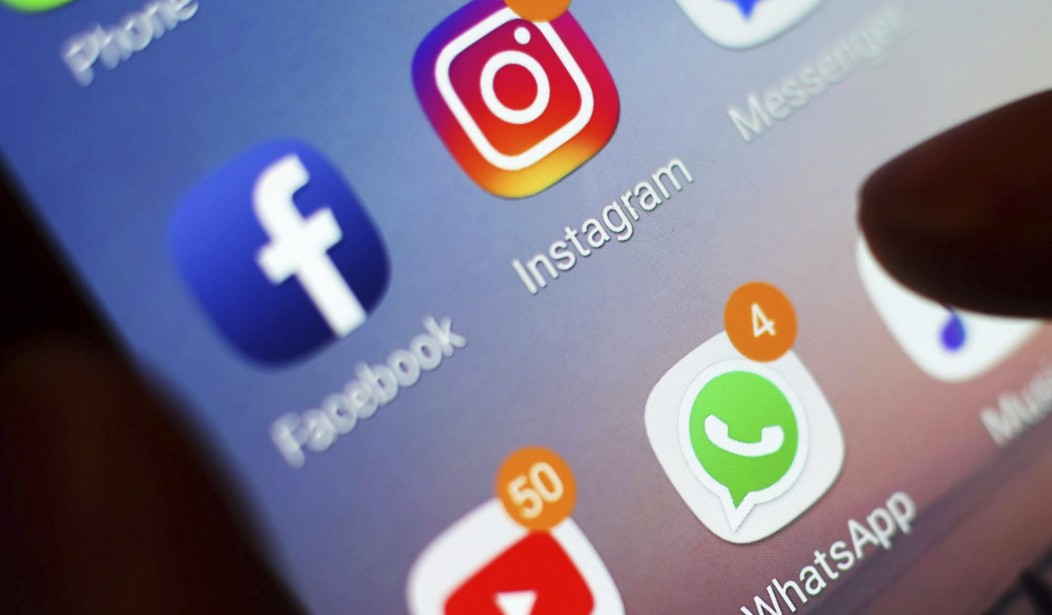As the public health risk from those who eschew science and believe celebrities regarding the “risk” of vaccinations increases, more and more people are looking for ways to deal with outbreaks and combat misinformation.
Recently, I wrote a post that only semi-jokingly suggested quarantining the anti-vaxxers in modern-day leper colonies.
As I noted in that post, we have already exceeded our worst annual outbreak numbers since measles was declared to have been eradicated, and we did that in just the first third of this year.
The problem isn’t getting any better. New York has been facing a measles crisis that many have tried to say was limited to the Orthodox Jewish community, a notion that The New York Times recently reported isn’t accurate:
As the measles outbreak deepens in New York City, health authorities have been focusing on schools affiliated with ultra-Orthodox Judaism, because those are the only city schools within which measles transmission has occurred so far. But immunization data, reported annually by every school to the state, suggests that reluctance to vaccinate in New York is much more widespread.
Now, a couple of social media platforms are taking a brief break from going full-Soviet on Republicans and conservatives to address the anti-vaxxer problem.
Facebook announced in March that it would begin red-flagging anti-vaccination ads.
On Friday, Facebook subsidiary Instagram got in on the crackdown:
Instagram blocks" #vaccineskill" hashtag, reviewing other anti-vaccine hashtags https://t.co/dSkYnjG3zH pic.twitter.com/xHkzO0VlA3
— The Hill (@thehill) May 10, 2019
Instagram this week blocked the hashtag #VaccinesKill amid its crackdown on vaccine-related misinformation, and it says it is looking into other hashtags typically used to promote false information about vaccines.
The Facebook-owned social media network had previously declined to block the #VaccinesKill hashtag, a popular gathering place for anti-vaccine activists on Instagram, arguing that the phrase “vaccines kill” did not count as medical misinformation. An Instagram spokesperson in an email to The Hill last month claimed there have been rare instances in which vaccine side effects have caused death.
But under pressure this week following a CNN Business report on the medical misinformation amplified under #VaccinesKill, Instagram blocked the hashtag and said it is expanding its crackdown on medical misinformation to include hashtags that are often used to promote debunked anti-vaccine sentiments.
This is a mixed bag, as the anti-vaxxers will no doubt screech about their free speech rights being denied. Setting aside the fact that most people don’t understand what “free speech” actually means, there still is the broader conversation about social media picking and choosing which people and groups can have access to free platforms that are still very good for spreading news and information.
We all have a list of people we would rather not hear from, but that doesn’t mean we should cheer efforts to shut them up. A better use of the platforms would be an aggressive and very public campaign to educate the public about the real science that proves the anti-vaccine crowd wrong.
We’re not going to change the minds of most of the anti-vaxxers — they’re a rather cultish lot. There are, however, people out there who may be vulnerable to this anti-science hysteria who can still be saved with exposure to the right information.










Join the conversation as a VIP Member